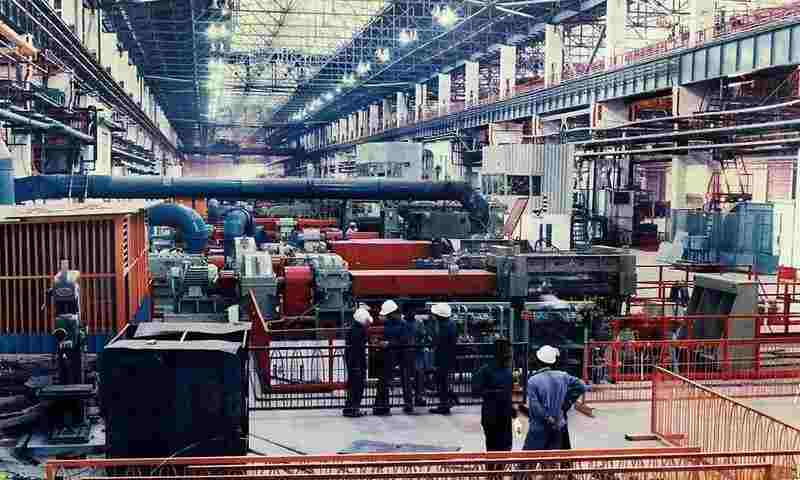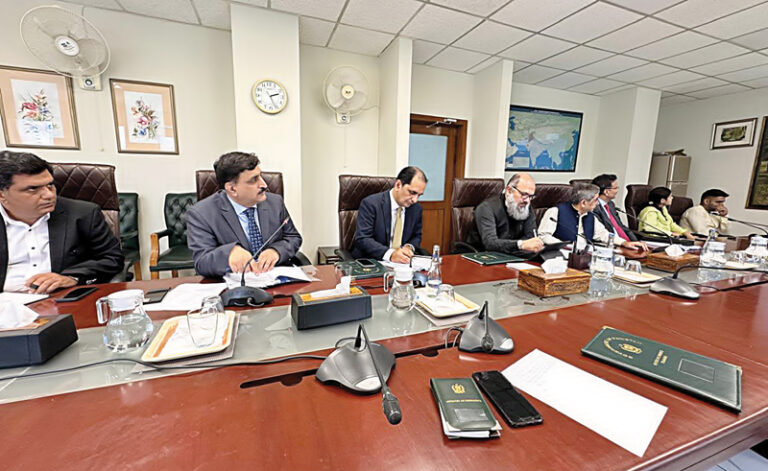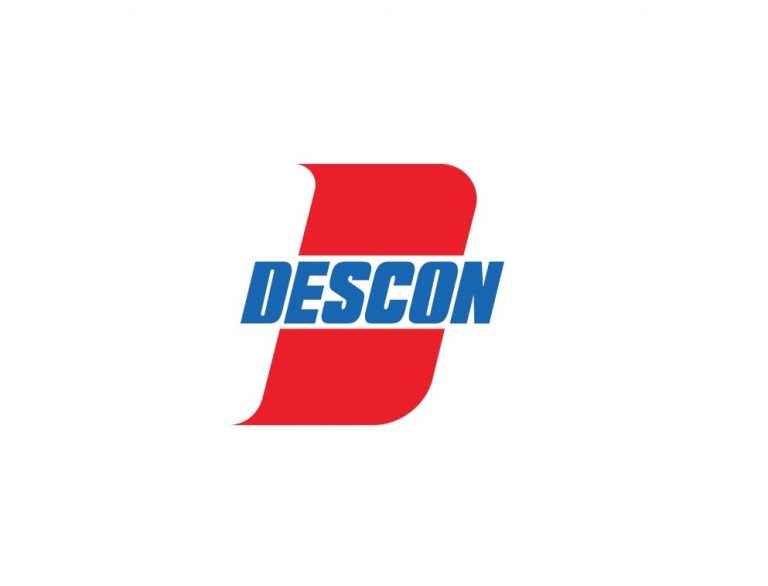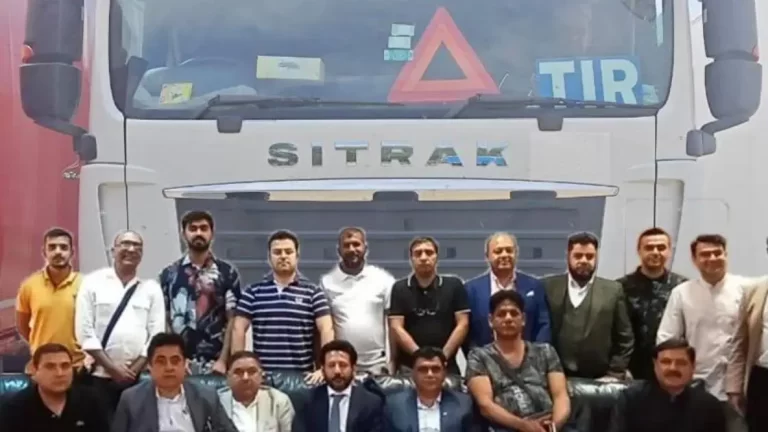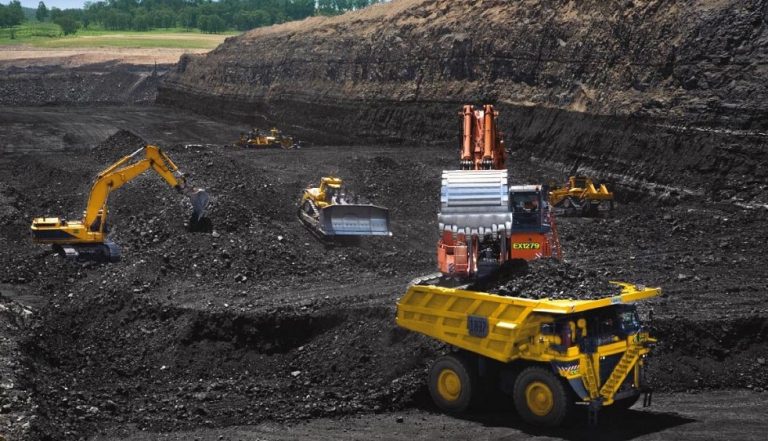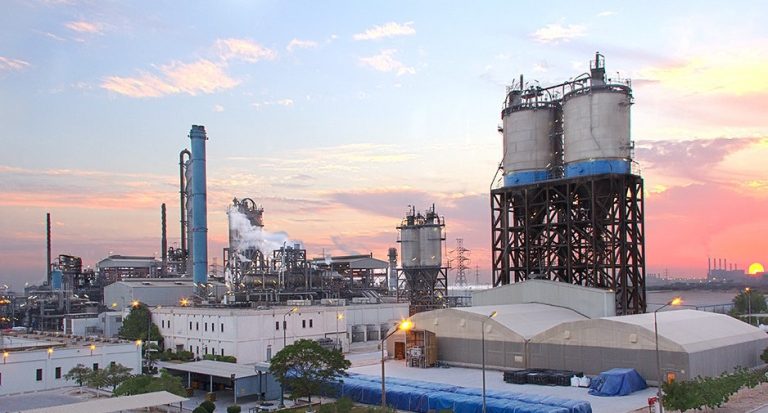Steel Industry Demands Fair Approach to Turnover Tax
The steel industry asks for an increase in adjustment period from 3 to 10 years or more
Islamabad: Tax experts and representatives of the steel industry have stressed an end to discrimination in the levy of turnover tax across different industries.
Adding there is an urgent need for rationalization of the turnover tax rate for industries and also for increasing the adjustment period of turnover tax to 10 years or more.
These demands were made in a public-private dialogue organized by the Sustainable Development Policy Institute (SDPI) in collaboration with the Pakistan Association of Large Steel Producers (PALSP) to discuss the impact of Taxation Policies on steel sector, particularly the levying low turnover tax for the ‘blue-eyed’ industries and high for the rest of the industries.
‘The current turnover tax regime exhibits regressive and discriminatory characteristics, reflecting an unfair policy approach by the policymakers.’
In the session, it was stated that such reforms are crucial for creating conducive business environment and for promoting equitable growth across different industries.
Contrary to the perception, the IMF is opposed to the levy of turnover tax, which reflects an ad-hoc approach in tax collection by the policymakers.
‘For some industries, the turnover tax rate is 0.5%, while for others, it is as high as 1.25%, including the steel sector which faces discriminatory treatment compared to other industries.’
The experts were of the opinion that in the current extraordinarily difficult economic situation, the local steel industry is struggling to survive and experiencing a severe financial crunch.
This is due to the massive increase in capital requirements caused by the devaluation of PKR, coupled with sky-high interest rates, rising energy prices, and large-scale smuggling of steel from Iran.
The combination of these factors has created a very challenging environment for the industry, leading to significant losses.
In this forced kind of situation where the industry is incurring heavy losses, there is a need to provide a breather to the industry, instead of burdening it further with the levy of a highly regressive turnover tax.
The turnover tax was initially introduced in Pakistan in 1992 to bring small companies and tax-evading entities into the tax net, targeting those intentionally showing low profits or declaring deliberate losses to willfully evade government taxes.
Given the drastic decline in GDP from 7.7% in 1992 to a current range of GDP growth that revolves around negative 1-2% in 2024, there is no justification for levying such a high turnover tax.
As a result of the ongoing economic crisis, a large number of steel companies have closed their operations with prominent ones reporting losses and anticipating further challenges in the coming years.
These circumstances make it difficult for the industry to absorb and adjust the turnover tax over a three-year period, ultimately adding to its crisis further. Consequently, the documented and revenue-contributing sector will continue to shrink further.
Dr Muhammad Iqbal, former Member Policy of FBR stated that there was no justification for limiting the adjustment period to three years.
‘If the government increases the adjustment period for the turnover tax, it would not result in any revenue loss for the government, but it would definitely provide some relief to the industry during these difficult times’ he added.
Dr. Iqbal stressed that turnover tax for capital-intensive industries like the steel sector, which have large turnovers and low-profit margins, is detrimental. Therefore, the rate of turnover tax for such industries must be immediately rationalized.
During the dialogue, it was also highlighted that reforming the current anti-business taxation policies has become imperative for the growth of the steel industry as well as other sectors.
The rising cost of doing business is compromising the competitiveness of the industry.
Tax expert, Adnan Abdul Ghaffar, Company Secretary of Amreli Steels, stated that factors such as inflation, political instability, depleting purchasing power, and imprudent policy bottlenecks have made the environment inoperable for the industry. Govt To Remove Hurdles in Growth of Industry
He also argued that discrimination and selective taxation policies exacerbate disparities among industries, promoting an environment of inequality.
Engineer Abdul Jabbar, a Member of the Board of Governors at SDPI, said that tax expenditure is reaching trillions of rupees, which demands that the FBR and other stakeholders explore cascading economic measures, such as tax reductions, to achieve medium-term economic gains.
He also emphasized the necessity for policy reforms to bolster the growth and competitiveness of the steel industry.


